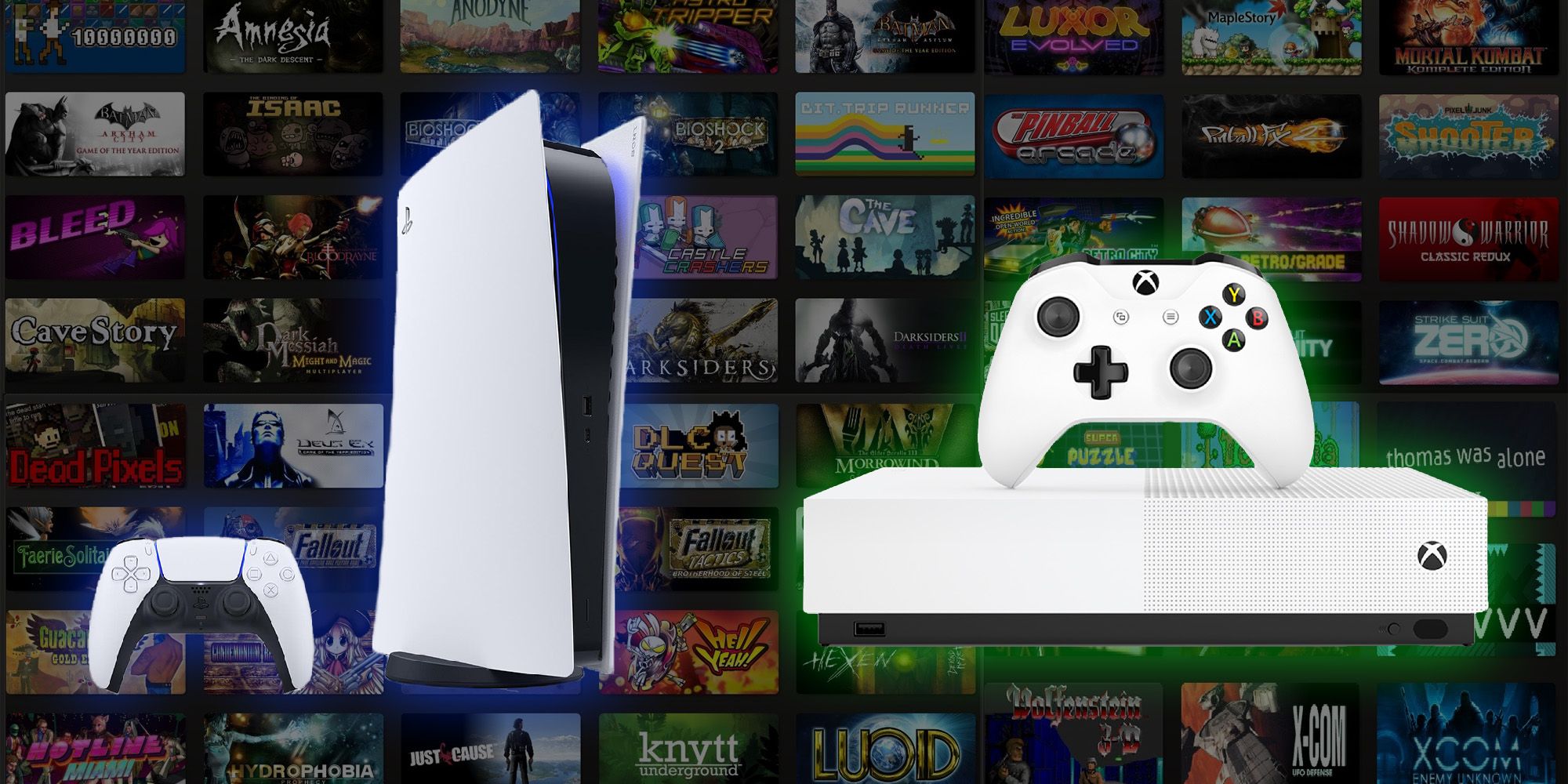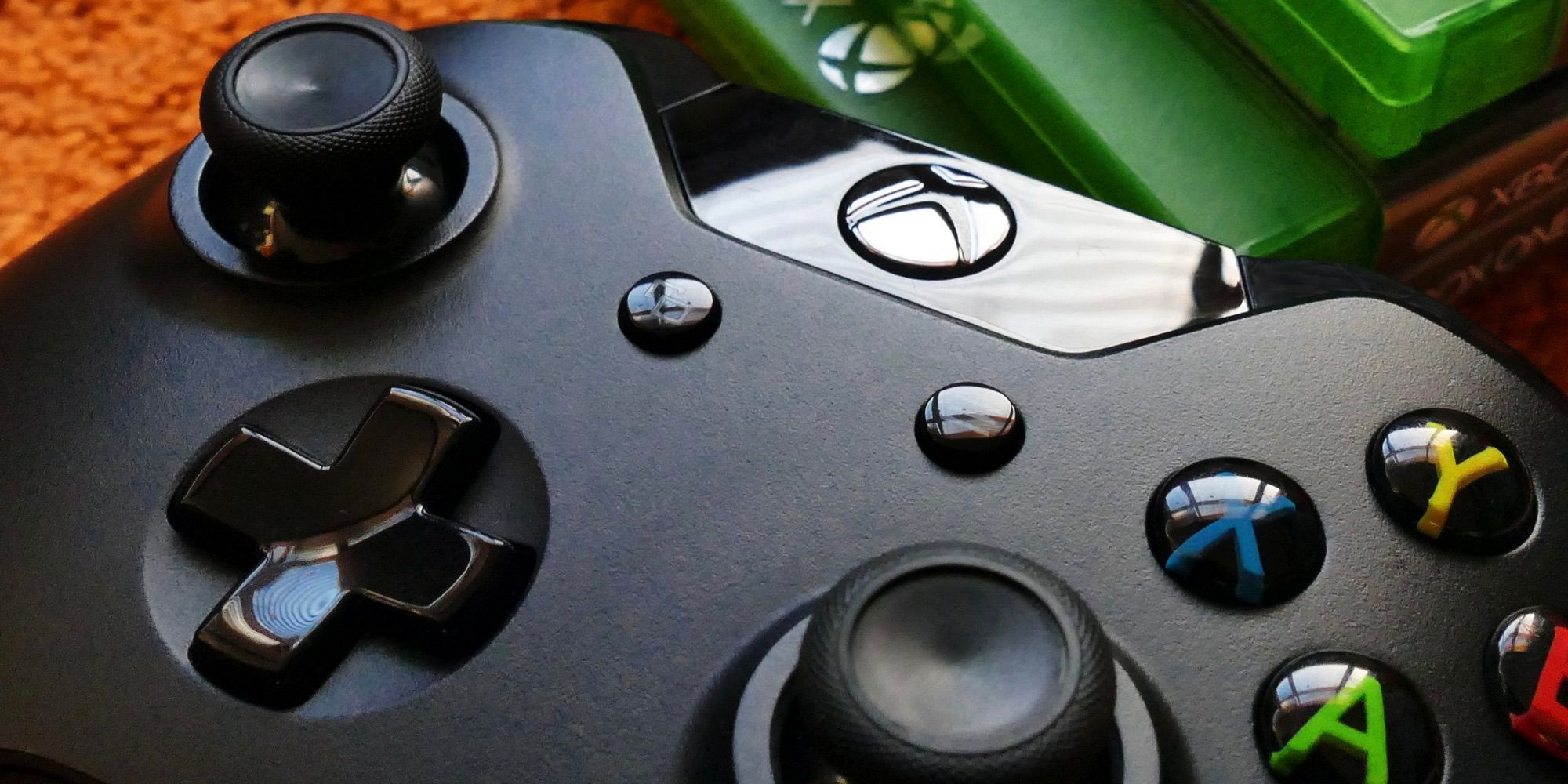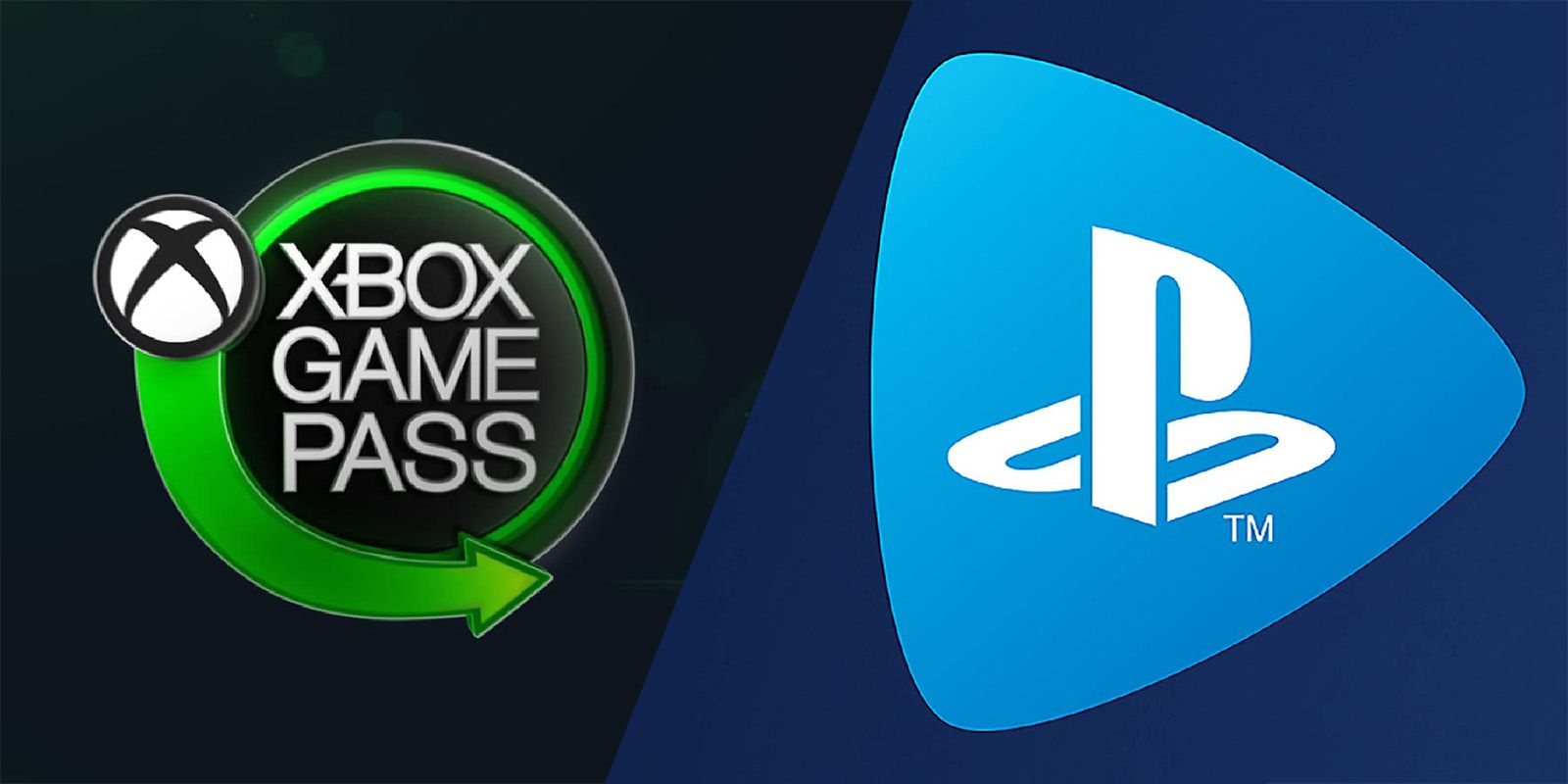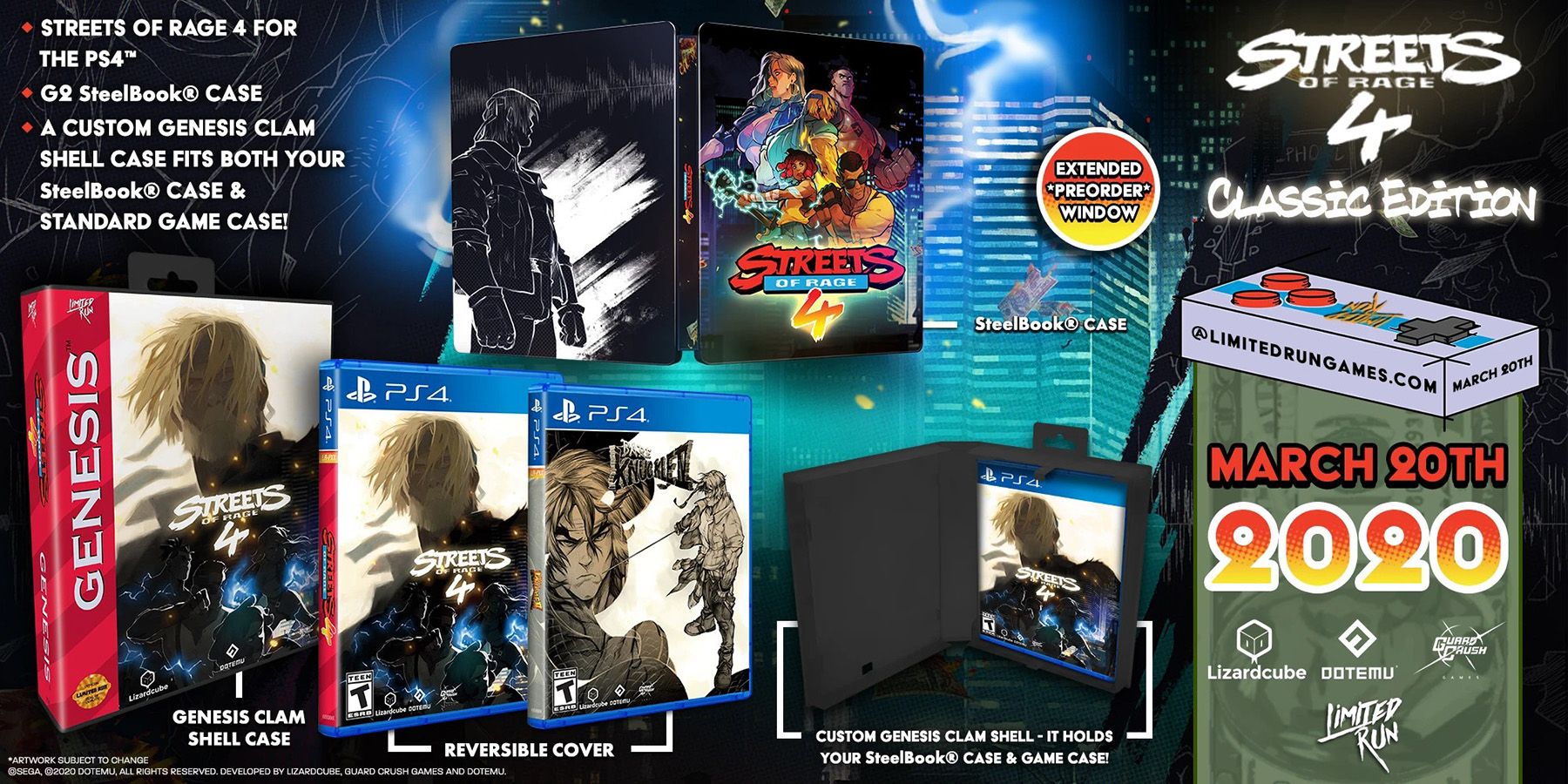Gaming services have risen in popularity over the years, as have digital downloads, with PC games almost exclusively operating this way. Consoles offer their own gaming services, like Xbox Game Pass and PlayStation Now, and major developers release both physical and digital copies of their games. However, that balance between physical and digital may be starting to change. Both Microsoft and Sony have released or plan to release digital-only versions of their consoles and, while gamers may still have a choice in what they want for now, it may set things in motion for a digital-only ecosystem where physical copies of games become an expensive luxury or thing of the past.
During its Future of Gaming presentation, Sony revealed that there will be two versions of the PlayStation 5 available at launch, making it the first time a brand new console has been released this way. This could be a way to ease consumers in to the idea of a digital-only future and keep up with Microsoft, who released the Xbox One S All-Digital Edition last year and is expected to announce a digital-only model for the Xbox Series X.
Slowly introducing the concept of a digital-only future is an important way for Sony to learn from the backlash Microsoft received around the launch of the Xbox One. While the Xbox One wasn't a digital-only console, it was initially announced that even the physical version would use digital licensing verification. This meant that if the console couldn't connect to the internet to check or something went wrong, it would disable access to the entire library. This push towards digital distribution didn't go over well.
Most gamers aren't into the idea requiring a constant internet connection just to access games they have purchased. While people understandably assume that, after paying for something, they should be able to access it at any time, that's not how digital licensing works. When you buy a physical game, it's yours forever, but buying a digital version is really only paying for the license to play, meaning it may be revoked at any time or simply stop working because of account or internet issues. There are examples of games disappearing from digital stores and, if it wasn't downloaded at the time, this means it's no longer playable.
This issue extends to gaming services as well, as there are cases where Game Pass and PlayStation Now subscriptions have ended and interfered with licenses purchased through console stores. Subscription licenses appear to be no different from a purchased one, and users have had their games revoked when the subscription is up.
Despite issues, Xbox Game Pass is wildly successful and offers perks, such as early access to new titles and in-game swag. For many, it's a good deal, offering a wide selection of games for a good price and making them easy to access. Microsoft's digital-only Xbox One S was meant to take advantage of this success, though it didn't do well thanks to its price point, which was really its only issue.
It's true that Sony's PlayStation Now has nowhere near Game Pass' subscriber base but a financial report from last year indicated its digital game sales have skyrocketed and now surpass physical sales. This was likely a factor in the decision to create a digital-only PlayStation 5. In general, digital sales have greatly exceeded physical ones over the last five years. While this can be mainly attributed to PC game purchases, the overall percentage is large enough to show the shift across all platforms. It's not crazy to think consoles are headed towards digital-only when PC is already there.
There is a convenience to digital games. It's much easier to find and download games than it is to go out and find a physical copy, especially when it comes to brand new or older titles that may be out of stock. There's no need to switch discs when everything is easily accessible in one place -- the same convenience that led streaming services like Netflix and Spotify to overtake DVDs and CDs.
With more games beginning to embrace cross-platform play and saves, it's becoming possible to jump from one device to another to continue playing a game. CD Projekt has been a leader on this, offering The Witcher 3 for free on PC for those who own it on consoles and cloud save transfers from PC to Nintendo Switch. More companies may follow CD Projekt's lead, taking huge steps to make gaming more integrated as the industry enters further into the digital world.
As convenient as digital is, there are downsides. Aside from the previously mentioned concerns regarding digital licensing and ownership, this means that it's more likely that games that are taken down could be lost forever. For example, SimsRefinery was lost for many years before someone was able to track down an original floppy disk and make it into a digital copy. While that game was never meant for public consumption, the fact that a physical copy existed made it possible for it to be rediscovered decades later.
However, many indie games risk disappearing, as most never see a physical release. Some of the most popular ones have received physical collector's editions thanks to distributors like Limited Run Games, but these tend to be expensive and come in limited quantities with extras. A digital-only future would likely mean all physical copies becoming expensive luxury items and the loss of these as a way to archive or save games that may otherwise disappear.
There's one final issue that needs to be addressed in regards to a digital-only future: internet accessibility. Not everyone has access to or can afford the required stable connection for downloading or streaming games. Digital-only gaming would make it impossible for many to play the latest games, reducing player bases and making it a luxury hobby as opposed to something everyone can enjoy. Not only is this unfair, but it's also contradictory to the direction the industry has been moving in. Whether it's through cross-play, difficulty, diverse characters or accessibility options for players with disabilities, developers have been pushing towards making gaming something everyone can enjoy, and there's a lot that needs to be changed before the world is ready for a totally digital gaming experience.




